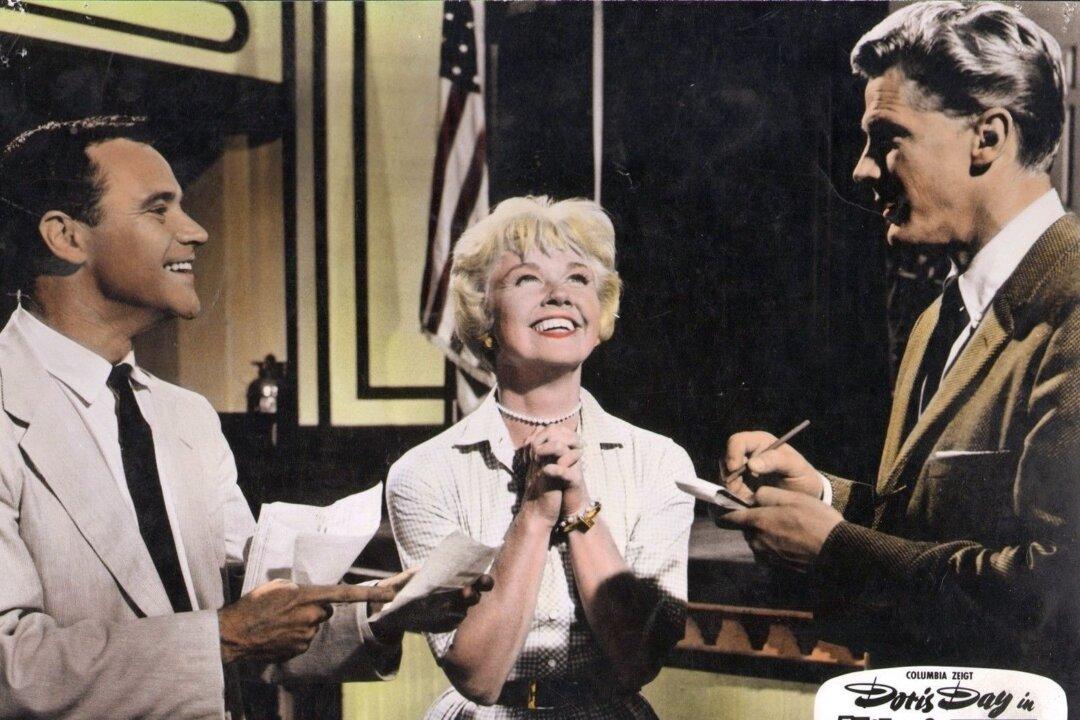Commentary
It’s just another peaceful August. Maui was devastated by a fire, British Columbia has been blazing, and California was hit by a hurricane. The media may distract you from the crises, but it certainly won’t lift your spirits or make you forget your troubles. My favorite diversion during hard times is a classic movie.





